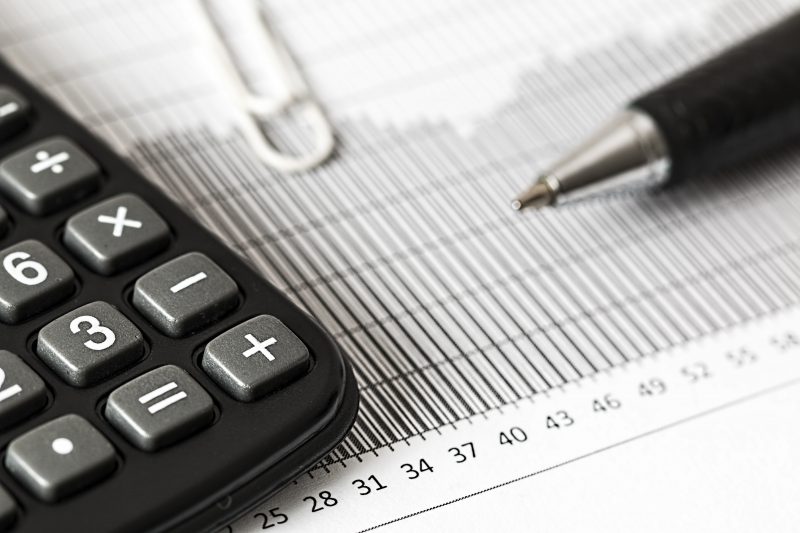Business Asset Disposal Relief (previously known as Entrepreneur Relief) is a form of tax relief from capital gains tax.
How does it Work?
Business Asset Disposal Relief is when you sell all or part of your business or its assets and pay only 10% capital gains tax (CGT) on profits up to £1 million (the new lifetime limit). Once you surpass the £1 million limit, you will be charged the usual rate of CGT on the remaining taxable gains.
Previously, the lifetime limit was £10 million but at Budget 2020, Rishi Sunak, as Chancellor of the Exchequer, announced that the lifetime limit would be brought down to £1 million for any qualifying disposals made on or after 11th March 2020.
How much can it Save You?
If you’re a basic rate taxpayer, you will pay CGT on the disposal of assets according to the size of profits, your taxable income, and whether the gain is from residential property or not. If your taxable income falls within the basic income tax band, you’ll pay 10% CGT on gains (18% if disposing of residential property).
However, as a higher or additional rate taxpayer, you would pay 20% CGT on taxable gains from any chargeable assets (except for disposal of residential property, on which you’d pay 28%).
Therefore, Business Asset Disposal Relief could save you up to £100,000, because if claiming the tax relief on up to £1 million worth of assets, you’d reduce your tax burden by 10% (£100,000).
How do I Qualify?
Business Asset Disposal Relief covers both shares and business assets. Sole traders and partnerships can claim this relief when selling assets used in the business. Company directors and shareholders can claim the relief when selling shares or assets.
To qualify for tax relief on sale of assets, you must fulfil the following criteria for at least 24 months:
- You must be an employee of the company (includes being company director) or a sole trader
- You must own at least 5% of company shares if claiming the tax relief on share sales
There are also some extra things to bear in mind:
- You can claim relief on share sales if a company stops trading, providing this is done within 3 years
- You cannot sell a ‘going concern’, i.e, you cannot claim tax relief on the sale of something that is loss making and not commercially viable
- If trying to claim the tax relief on property sales, the property must exclusively be a business asset. It must be owned by the company and used rent free
The 5% Rule
As noted above, you must own at least 5% of company shares in order to qualify for Business Asset Disposal Relief on share sales. If your share in the company is only just above this 5% lower limit, you should keep an eye on it to ensure it doesn’t drop below the threshold if you’re considering selling your shares in the near future. This could happen if your shares became diluted from more shares being allocated or other employees activating share options, meaning more shares in circulation.
If you lent any assets to the business, to claim the tax relief you must have sold at least 5% of your part of the business partnership or shares in a personal company. You must have also owned these assets yourself but let the business use them for a minimum of a year before your sale of the shares or business partnership.
For information about how and when to claim Business Asset Disposal Relief, click here.
